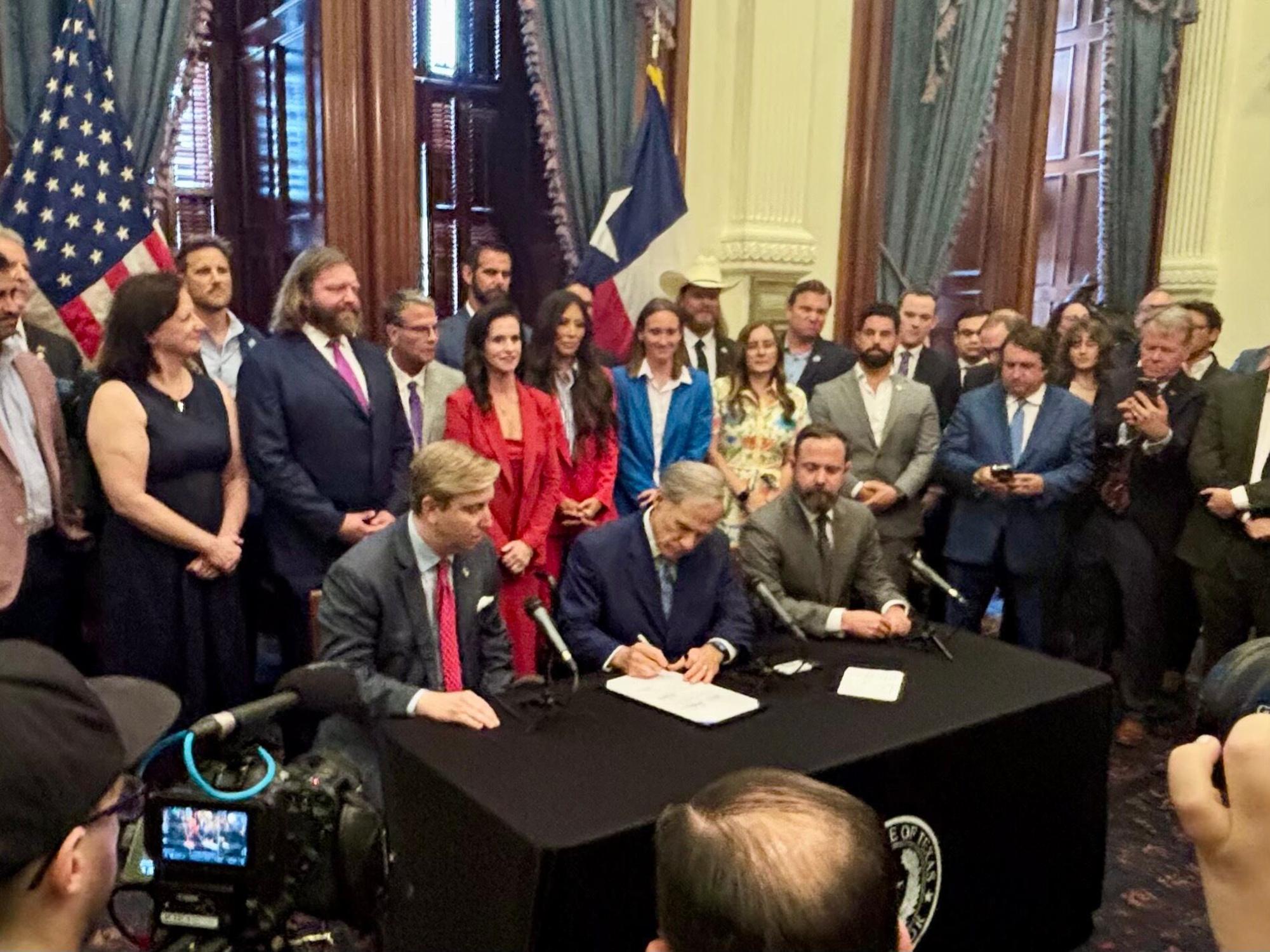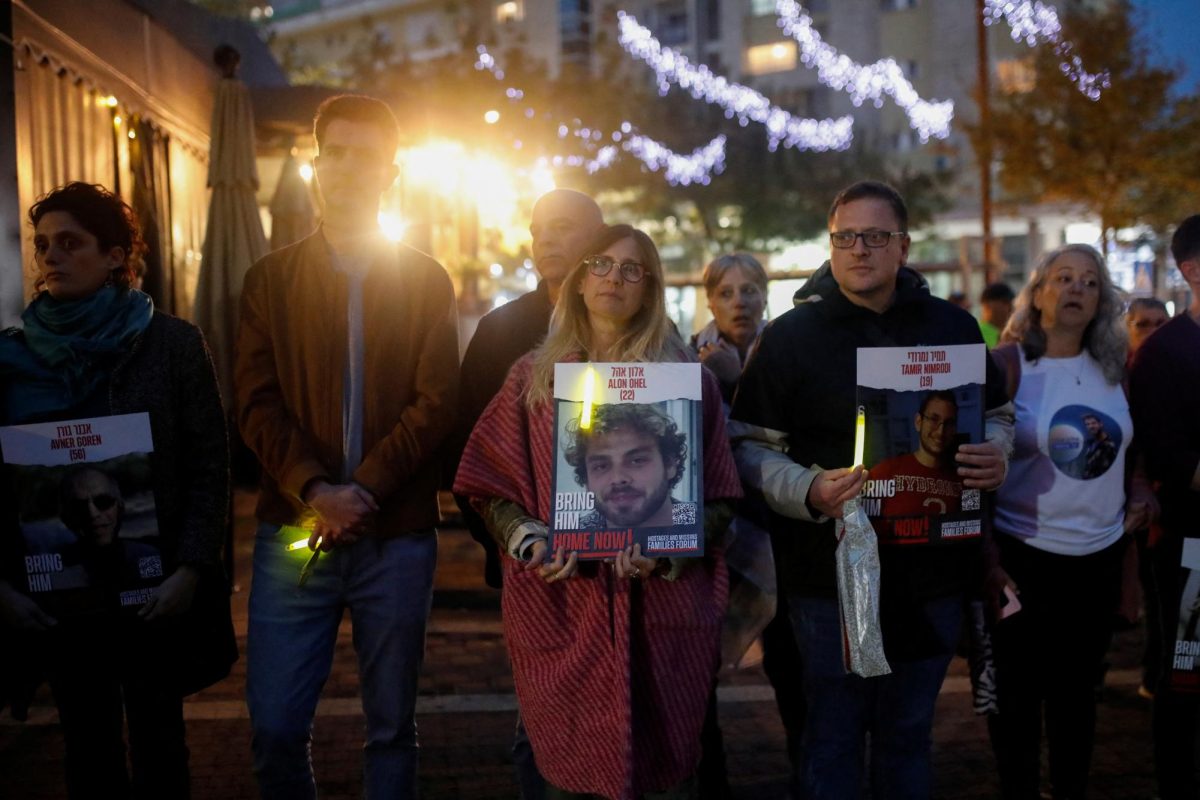On the evening of Aug. 22, Iryna Zarutska, a 23-year-old Ukrainian refugee, boarded CharlotteŌĆÖs Lynx Blue Line light rail. She fled from the warfare in her homeland, built a new life in North Carolina, and fought for her dream of attending school. Her dream was denied when she was fatally stabbed on the train by Decarlos Brown Jr., a man with a long history of violent behavior and untreated schizophrenia.┬Ā
Her death is tragic, but it also highlights one of the biggest failures for the country:┬Ā mental illness is punished, not treated, in America.┬Ā┬Ā
BrownŌĆÖs story makes that failure obvious. Despite a history of violent crimes, a confirmed diagnosis of schizophrenia, and previous reports of violent behavior at home, the system did not follow through. According to ŌĆ£The Minnesota Star TribuneŌĆØ, BrownŌĆÖs mother pushed for an involuntary psychiatric commitment; however, the evaluation never happened. It was repeatedly pushed back for months, and he was free to roam without proper oversight, with no long-term plan ever being put in place. Instead of the help he needed, Brown slipped through the cracks ŌĆö and Zarutska lost her life because of it.┬Ā
Sadly, this isnŌĆÖt a rarity in America. All over the nation, people struggling with serious mental illnesses are far more likely to have run-ins with police officers rather than healthcare workers. According to PBS News, People with untreated mental illness are sixteen times more likely to be killed by police than other civilians. And if they get put inside the justice system, jails and prisons have basically replaced psychiatric hospitals. A significant portion, estimated at around 58 percent, of prisoners and jail inmates live with a diagnosed mental illness.┬Ā

That didnŌĆÖt just happen by chance. It comes from decades of poor and illogical choices ŌĆö mostly from Republican lawmakers who cut mental health funding while pushing ŌĆ£tough on crimeŌĆØ policies that funnel sick people into prisons. They keep pushing this old school idea that harsher policing and longer sentences will magically solve public safety problems, while ignoring reality and the fact that untreated mental illness drives so much of this violence. Across the country, the GOP has resisted expanding Medicaid and investing in mental health programs, even while hospitals warn they donŌĆÖt have enough beds or doctors to handle the crisis.┬Ā
The result is that prisons end up carrying the burden of care ŌĆö but prisons arenŌĆÖt built for healing; theyŌĆÖre built for punishment. People with serious mental illness often get worse when stuck behind bars, facing solitary confinement, untreated symptoms, and being trapped in a cycle of being locked up again and again. By turning mental illness into a crime, the U.S. makes both individuals and communities less safe.┬Ā
The numbers have proven it. America places more people in prison than any other country, with about 1.9 million behind bars. Around 437,000 of that population have untreated psychiatric conditions. Instead of paying for clinics, housing, or early intervention, lawmakers have chosen to let prisons and courts take over. That choice has real costs ŌĆö and people like Iryna Zarutska end up paying them.

Republicans often defend this approach by talking about ŌĆ£law and order.ŌĆØ But thereŌĆÖs nothing orderly or even logical about ignoring mental illness until it turns violent. ThereŌĆÖs nothing just about cutting off the social programs that could prevent people from spiraling in the first place. That being said, the Democrats are no saints by any means regarding this issue, but Republicans have been the loudest in blocking expanded healthcare and opposing serious investment in mental health. Their policies keep the cycle of neglect and incarceration going while pretending itŌĆÖs about safety.┬Ā
Republican news outlets like FOX News, when talking about the issue, have gone on record as saying that homeless people with mental health issues should have to take ŌĆ£Involuntary Lethal Injection,ŌĆØ and if they resist, they should ŌĆ£die or something.ŌĆØ┬Ā┬Ā
Furthermore, the areas that Donald Trump and the Republican Party have outlined as more important, funding-wise, in his ŌĆ£big budget act,ŌĆØ U.S. Immigration and Customs Enforcement (ICE) will be receiving 75 billion dollars, and 1.6 trillion dollars will be given to the military annually. Instead, this money could be directed to combating the mental health crisis and reforming our prison systems.┬Ā┬Ā
The country needs to take a different path. Compassion and empathy must drive us; community-based mental health care should be fully funded, and hospitals need real psychiatric capacity. Diversion programs are another proven option ŌĆö places like Miami have shown that mental health courts can reduce re-arrest rates and save taxpayers millions.┬Ā ┬Ā
Iryna ZarutskaŌĆÖs story should stay with us. She came here to escape violence, but ended up being killed because our system failed a man who needed treatment. If Republicans keep blocking reform and putting punishment above care, more people will die ŌĆö not just those with mental illness, but innocent bystanders too.┬Ā┬Ā
America doesnŌĆÖt need more cells. It requires more compassion, more investment, and the courage to see mental illness as a public health issue, not a crime. Until then, donŌĆÖt be surprised when you turn on the news and see prisons packed to the brink and deaths that could have been preventedŌĆö how much more does the nation need to see before someone speaks out?














